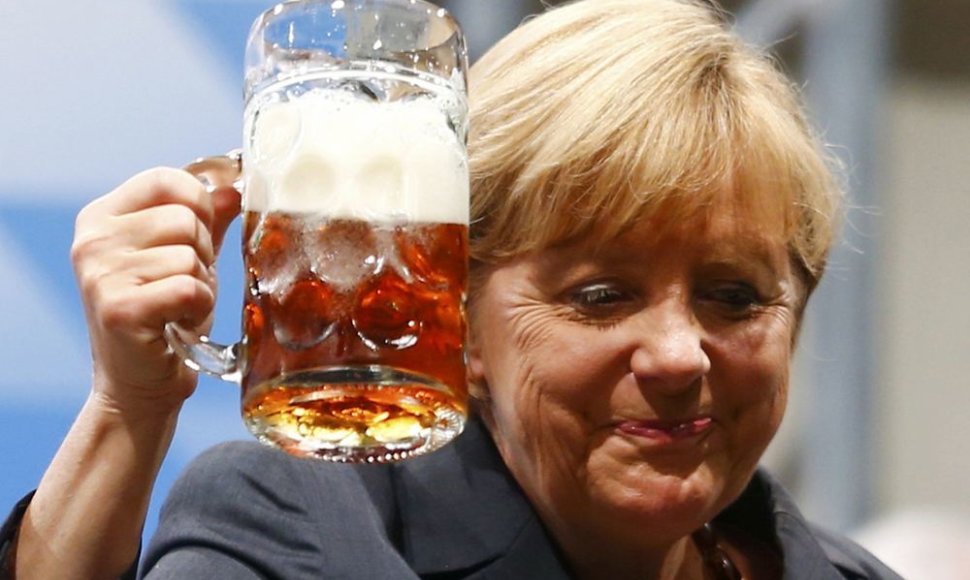"My guess is that the new government will have Angela Merkel as chancellor and I tend to say the partner will be the Social Democrats," Mulmenstadt told BNS on Sunday.
He said there was a slim chance that the Conservatives would rally the majority themselves and Merkel would not need coalition partners at all. However, the scenario did not work out as Merke's Christian Democratic Union took about 41.5 percent of the vote.
The ambassador noted that no major changes in Germany's foreign policy should occur after the elections.
"Not on Europe, not on, lets say, participation in military interventions. There's a huge consensus," he added.
Alexander Brakel, the head of the Vilnius-based Belarusian Bureau of the Konrad Adenauer Foundation, told BNS that there was a slight possibility that Merkel's Conservatives would form a coalition with the Greens.
"The current leadership of the Green Party, at least half of them, are from the older generation so they're in a now-or-never position," he said, adding that the coalition is not very likely.
The Conservatives took about 41.5 percent of the vote, while Merkel's current coalition partners, the Liberal Democrats, failed to make it into parliament. The Social Democrats (SPD) won 26 percent.
The results showed that the liberal Free Democrats (FDP) won only 4.8 percent, which correspondents say is a disaster for the junior coalition partner, leaving it with no national representation in parliament for the first time in Germany's post-war history.
The FDP was beaten by the Green Party (8.4 percent) and the former communist Left Party (8.6 percent). It almost finished behind the new Alternative fuer Deutschland (AfD), which advocates withdrawal from the euro currency and took 4.7 percent, just short of the parliamentary threshold.












